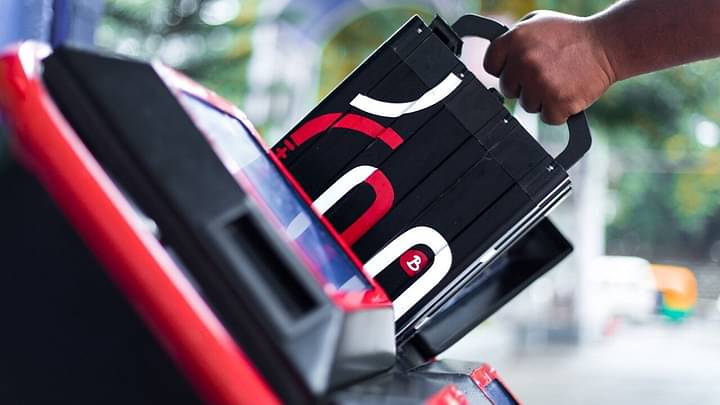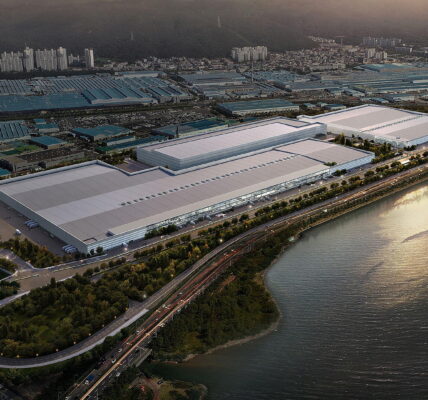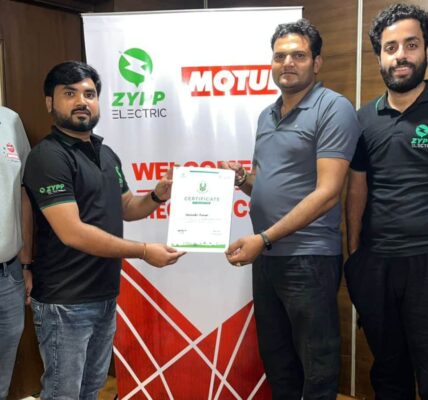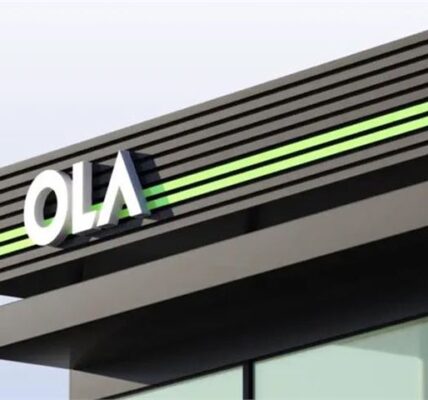The landscape of transportation is undergoing a profound transformation as India embraces the Electric Vehicle (EV) revolution. With a growing awareness of environmental concerns and government incentives driving the shift, the EV industry in India is experiencing an unprecedented surge in adoption. However, as the industry accelerates, it brings to the fore a critical challenge: the sustainable management of EV Lithium-ion batteries. These Lithium-ion batteries, which power these eco-friendly vehicles, have a limited lifespan and an environmental footprint that cannot be ignored. The need for recycling EV Lithium-ion batteries is paramount not only to sustain the growth of the EV industry but also to pave the way for a cleaner and greener future.
As the wheels of innovation turn, so do the wheels of EVs. Yet, these vehicles are only as strong as the Lithium-ion batteries that power them. An average EV Lithium-ion battery lasts around 7-10 years, after which its performance starts to wane, necessitating replacement. Such replacements result in discarded Lithium-ion batteries, leading to concerns about resource depletion and environmental hazards. This is where the concept of recycling steps in, offering a solution that is not only economically viable but also environmentally responsible.







